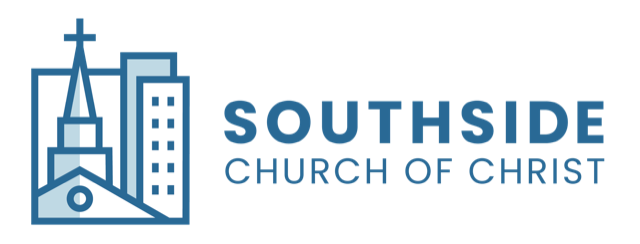Often when I talk to new people at Southside, I will ask them, “What drew you to Southside?”
One of the answers that I will often get is, “I love the diversity here.”
That definitely is a strength of our church. On a given Sunday or Wednesday, you are going to see different
races, different socioeconomic backgrounds, and
different education levels. As our nation becomes more of a melting pot of various ethnicitices and nationalities, I believe a diverse, city church will become more attractive. And yet diversity brings positives and weaknesses.
The positive is that every gathering is an apologetic for the gospel. How can a group of wide variety backgrounds find common ground and be family? It can only happen through the gospel. The fact that we believe in the same Lord who came to earth and died on the cross, the same faith in God, the Father, God, the Son, and God, the
Spirit, and the same baptism where our sins are washed away by the blood of Jesus binds us together and makes us one. We celebrate that in a “gospel moment” as we share communion each week. When people see that, they are drawn to it and amazed by it.
The negative is that diverse people trying to be family can be difficult. Because we come from different backgrounds, we look at issues from various points of view, we have dissimilar cultural values, we relate to one another in diverse ways. Sometimes that can be irritating and frustrating. For those of us who grew up in a homogenous church setting, to now find ourselves living out our faith in a heterogeneous church setting can be a little unsettling. Because church can “feel” different than how it was when we grew up.
Sometimes we can be nostalgic for the days of yesteryear when everyone looked the same, thought the same, behaved the same, and parented the same. And yet are those really the “good ol’ days”? First of all, even in a more homogenous setting, not everyone thought and behaved the same. Plus, the gospel was never meant for one class of people or for one culture. It was meant for all people, all classes, and all cultures. And if we can be a part of a “gospel community” that emulates that, it is worth any sense of frustration or irritation we might feel. Because then we are leaning into the theological ideal of what the gospel creates. Someday, we will gather around the throne of the Lamb, and that congregation will be diverse from every tribe, every nation, and every tongue. I am thankful for a diverse, city church that every Sunday gives me just a taste of what that will be like.

